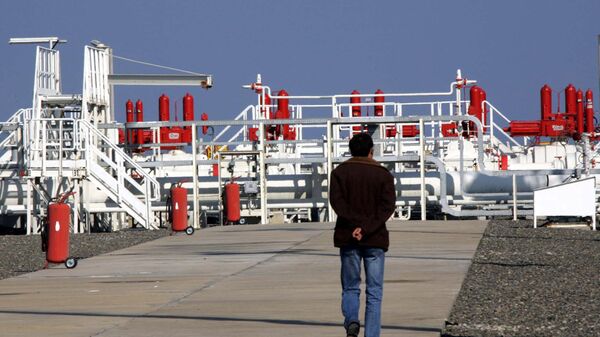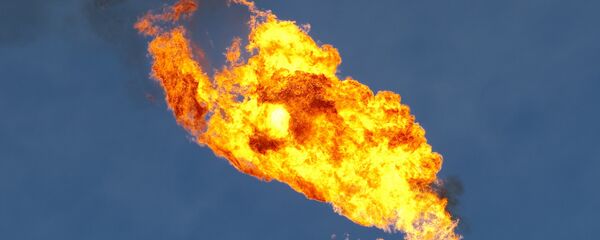Necdet recalled that relations between Moscow and Ankara deteriorated after the downing of a Russian bomber Su-24 by Turkish F-16 fighter jets over Syria in late November.
In light of this, Ankara does not rule out that Russia may halt its gas supplies to Turkey at any moment, which has prompted it to seek out a suitable alternative to Russian gas as soon as possible, Necdet said. Turkey obtains about 60% of the natural gas supplies it obtains abroad from Russia.
He poured cold water on the Turkish media's speculations that Qatar, Iraq and Azerbaijan could be seen as three alternatives to Russia in this regard.
"While it's quite unlikely that Russia will soon stop its gas supplies to Turkey, if it were the case, an objective analysis of Turkey's import infrastructure shows that these 'options' are neither valid nor even possible solutions," Necdet said.
Regarding Qatar, he explained that "even if Qatari gas were purchased, it would be impossible to put the gas into Turkey's gas network."
"Therefore, claiming that Qatari gas would be an alternative to Russian gas is merely lip service and nothing more," Necdet pointed out.
As for Azerbaijan, its current gas export potential is also limited, Necdet said, referring to the 2012 agreement on the Trans-Anatolian Pipeline, which is expected to be in operation as early as 2018.
"Were Russian supplies halted tomorrow, expecting Azerbaijani gas supplies to be an alternative goes far beyond 'wishful thinking'," Necdet said.
As far as northern Iraq is concerned, he said that "there is physically no gas import potential available at the moment, nor will there be in the short and medium term."
Necdet concluded by saying that the initial impact of non-energy Russian sanctions against Turkey is expected to stand at about 6.5 billion dollars.He described it as "just the tip of the iceberg", given that "there are many methods a large state like Russia can use to harm Turkey."




